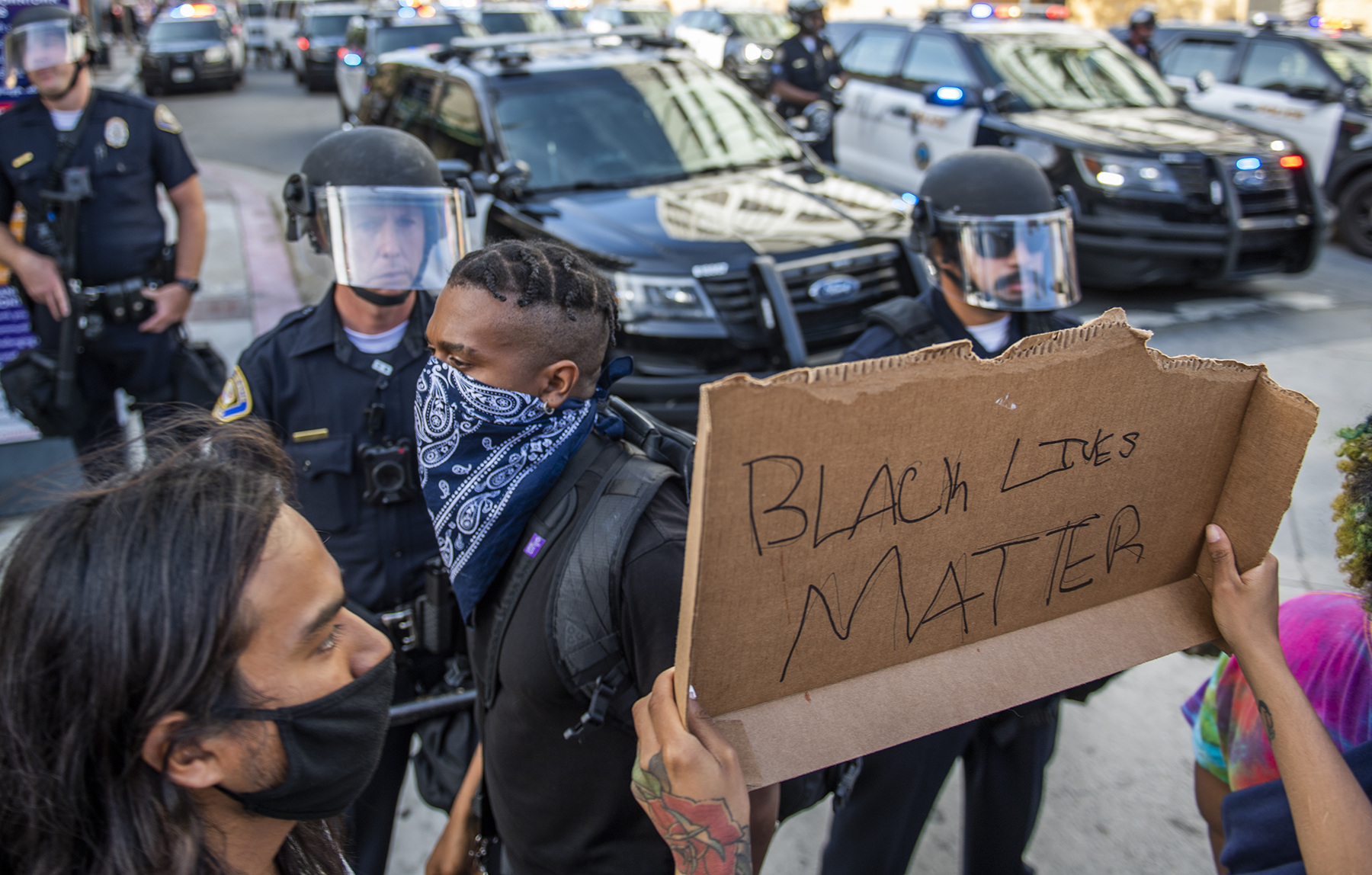Long Beach has had a Citizens Police Complaint Commission since 1990, but after decades of complaints about its lack of actual authority to hold police accountable, the city is asking voters to decide if a new model would serve the city better. That’s the essence of Measure E.
City officials turned to a consultant to retool the CPCC after protests over the murder of George Floyd rocked the city as citizens called for more police accountability. After limited public outreach, the consultant proposed an auditor-monitor model that would look at systemic trends within the department rather than investigating individual cases of alleged misconduct, which the CPCC currently does.
The city says this new model will increase access to investigations and transparency because the auditor, which the City Council would appoint, would review all major use of force incidents and would be able to investigate allegations against high-ranking police officials. However, they would have to get permission from city management before doing so.
Investigations into police officers are constrained by state laws, which often shield officers’ disciplinary files from the public and keep them from having to testify under oath in public. Long Beach’s attorneys say these laws have tied the current commission’s hands—although the rules have never really been tested because the CPCC hasn’t ever tried to subpoena anyone to testify at a public hearing. Almost all of the CPCC’s deliberations take place in secret.
Opponents of the new model say the changes would strip away what little power the commissioners do have because it would push the commission into a community-relations role rather than helping investigate complaints against officers.
A “yes” vote would create a new Police Oversight Commission and cost the city about $900,000 annually for additional staffing. City officials said if Measure E passes it would likely take some time to implement all of its changes.
A “no” vote would keep the CPCC in place. Members of the City Council have said they were open to increasing funding to the CPCC to make it more effective if Measure E loses.
Either way, disciplinary authority over police officers will rest with the police chief and city manager, not the oversight commission.

